Posted on 5/23/2017
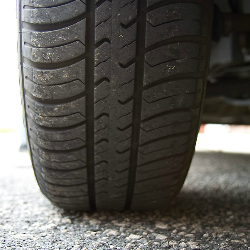
It's way too easy to just forget about your tires and take them for granted...right up to the point where something goes wrong. It's important to keep up on their condition, though, and know what to look for! Here's a quick rundown of the best ways to inspect your tires: Regularly get a close look at the sidewalls and check for bulges, cracking (some cracking due to age is normal), gouges and scrapes. The sidewalls are pretty tough and can withstand curb scrapes, but use your own judgment as to what constitutes more serious damage. You'll know. Get a close look at the tread surface and run your hand over it to feel for irregularities. A “feathered” or “sawtooth” feel to the tread face can be an indicator of suspension problems, as is a “cupped” profile. Look at the entire tread face and check for uneven wear on the inside or outside edge – this is a sure sign of alignment problems. If your tires are beginning to wear significantly, be wary of ... read more
Posted on 2/11/2017
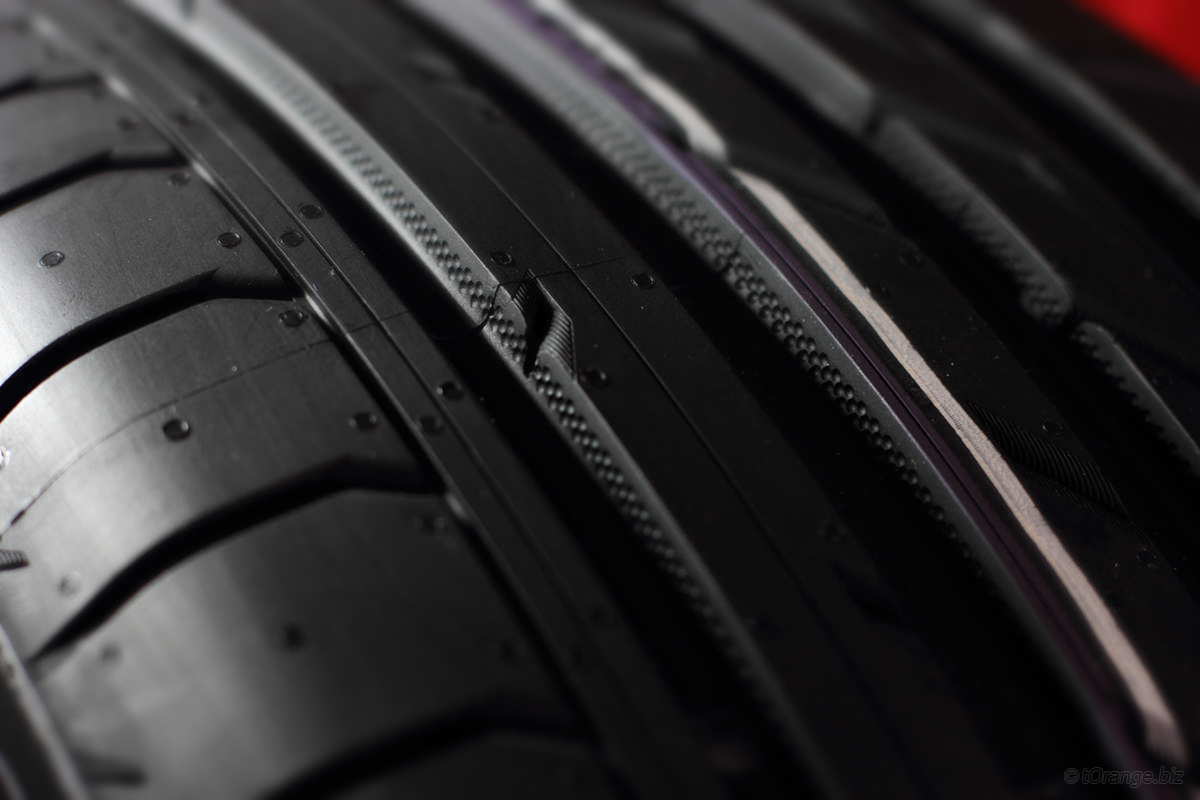
We've heard this one before, and it's not an easy question. First off, you'll need to ask yourself what you intend to do with that SUV. Will it stay on the pavement, or will it go off road? Will it haul groceries, or will it tow a boat? What are you driving...a little Honda crossover, or a hulking Suburban or Expedition? These are all factors that will figure into your buying decision. Here are some general rules, though: --Spend more and get more. Considering the weight of many SUVs, it just doesn't make sense to skimp on tires. A good set of all-season light truck tires for an SUV can go for 70,000 miles or more, but just be prepared to lay down some real money for them and pay a premium price for premium tires. --Stick with the OEM tire sizes. Changing tire sizes and going to a bigger tire often ends up being a pain in the neck for various reasons. Bigger tires can throw off speedometer readings, cause your computer to alter the transmission's shift point, rub on wheel wells ... read more
Posted on 7/22/2016
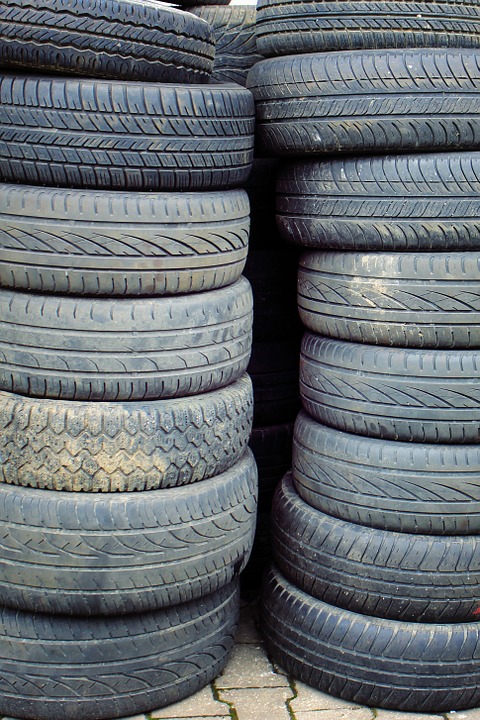
When it comes to deciding on a set of tires, the number of choices out on the market can be almost overwhelming. Which tires are right for your vehicle, your needs and your bank account? All-season tires are the most common choice for most drivers. All-season tires are generally available in either touring or passenger styles; touring tires are usually quieter and offer better handling, while passenger tires have a more forgiving ride. All-season tires are a jack of all trades, master of none; while they offer good traction on wet or dry pavement, they generally don't perform well in more than in an inch or two of snow. The payoff, however, is that all-season tires also carry a long treadwear warranty. Winter tires are designed specifically for traction on snow and slush. The deeper, more aggressive tread of winter tires, coupled with a softer rubber formulation that stays flexible at low temperatures, means good performance in difficult conditions. S ... read more
Posted on 4/20/2016
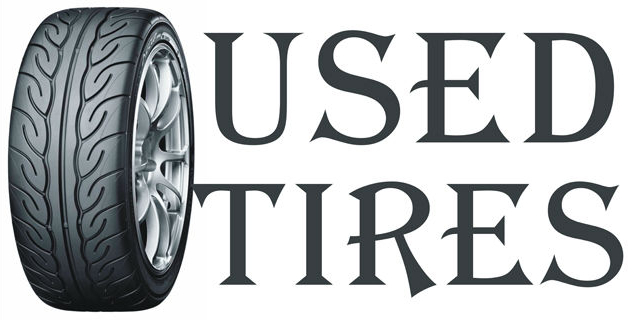
FAQ about 106 St Tire & Wheel's used tires...a price friendly way to a safer ride! Where do used tires come from? Take a look around after the carnage of the flooding, mud slides, tornados? Millions of dollars in ruined vehicles are scattered about like MatchBox cars...cars, trucks, vans and more all ruined because of damage from fallen trees, mud and flooding. When flood water gets inside your car, inside your engine and your interior everything is ruined. Flood water carries with it not only waste water but also street water containing spillage from leaking transmissions, oil leaks, antifreeze, over-flooding sewers, etc. Interiors are ruined and drying them does not solve the situation as they are stained with waste materials like oil, grease, etc and maybe worse. Most times, a vehicle recovered from a flood will have the engine ruined by dirt, sand, debris getting into the engine and exhaust. Between body and fender damage, interior damage and engine damage, mo ... read more
Posted on 2/29/2016
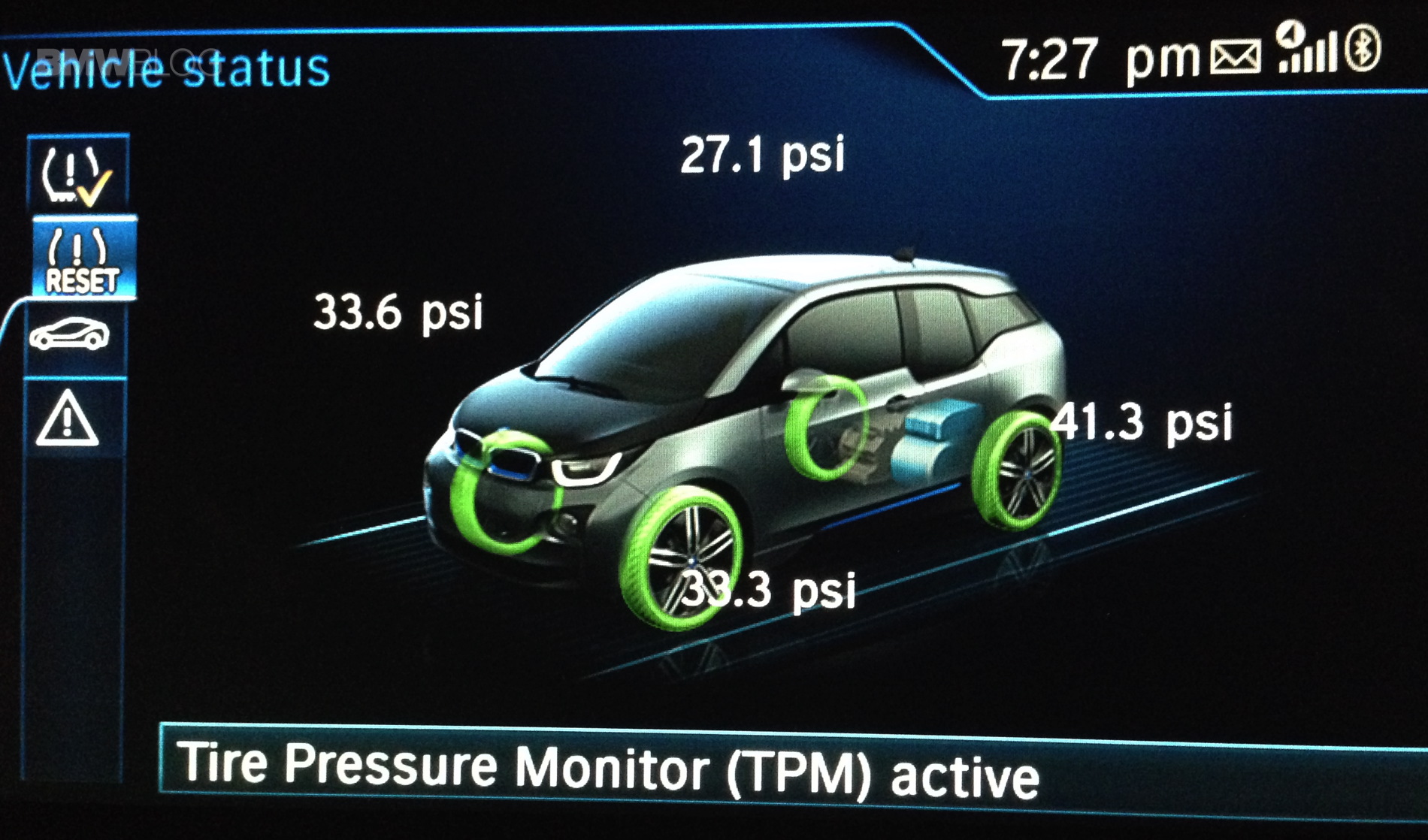
According to federal law, new cars must be equipped with Tire Pressure Monitoring Systems (TPMS). Federal laws were passed to improve safety and add this system because improperly inflated tires cause accidents, property damage, lost time at work and, most seriously, LIVES. Properly inflated tires have more traction, extend the live of you expensive tires, brake better and give you better mileage. In American, over 10,000 accidents a year are caused by improperly inflated tires! 106 St Tire and Wheel take this seriously as should you and therefore we provide free tire pressure checks are always available. We're TPMS experts and can replace sensors and do sensor resets. improves traction improves gas mileage adds to safety by having brakes be more responsive extends the life of your tires offers a better ride how precious is your family? Remember, your tires are the only part of your car that touches the ground. Make sure they have tread, make sure they are inflated properly, che ... read more